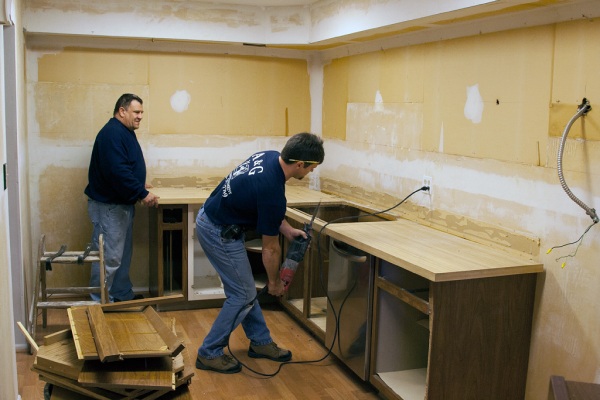Home renovations can be an exciting yet challenging endeavor. With a plethora of resources available online, many homeowners are tempted to tackle renovations themselves to save money and gain a sense of accomplishment. However, not all renovation projects are suited for a DIY approach. Knowing when to handle a task yourself and when to call in the professionals is crucial to ensuring your home improvement efforts are successful and safe. This article will explore the pros and cons of DIY versus professional renovations, offering guidance on when it’s best to hire an expert.
The Appeal of DIY Renovations
Cost Savings
One of the most compelling reasons homeowners opt for DIY renovations is cost savings. Labor costs can be a significant portion of a renovation budget, so handling the work yourself can result in substantial savings. DIY projects often allow you to allocate more funds toward higher-quality materials or additional upgrades, making the project more affordable.
Personal Satisfaction
Completing a renovation project on your own can provide a tremendous sense of personal satisfaction. DIY projects offer a hands-on opportunity to learn new skills, exercise creativity, and take pride in your accomplishments. This can be particularly rewarding when you’re improving your own living space.
Flexibility and Control
When you handle a project yourself, you have complete control over the timeline, materials, and final outcome. This flexibility allows you to work at your own pace and make adjustments as needed without waiting on contractors or dealing with unexpected delays.
The Risks of DIY Renovations
Safety Concerns
While DIY renovations can be fulfilling, they also come with significant risks, particularly when safety is involved. Projects that involve electrical work, plumbing, or structural changes can be dangerous if not done correctly. Without the proper training and experience, you could put yourself and your home at risk of injury or damage.
Time and Effort
DIY renovations often take more time than anticipated, especially if you’re learning as you go. What might seem like a weekend project can stretch into weeks or even months, leading to frustration and potential delays in your overall renovation plan. Additionally, juggling a renovation project with other responsibilities can be exhausting, leading to burnout.
Quality of Work
While many DIY enthusiasts take pride in their work, the quality of a DIY renovation may not match that of a professional job. Mistakes or subpar finishes can detract from the value of your home and may require costly repairs down the line. In some cases, poor workmanship can even result in the need for a professional to fix the issues, negating the initial cost savings.
When to Call in the Experts

Complex Projects
For complex projects involving electrical, plumbing, or structural changes, it’s best to hire a professional. These tasks require specialized knowledge and tools to ensure the work is done safely and up to code. Professional contractors are licensed and insured, providing peace of mind that the job will be completed correctly and safely.
Permits and Inspections
Many renovation projects require permits and inspections, particularly those that involve significant changes to your home’s structure or systems. Professionals are familiar with local building codes and regulations, ensuring that your project complies with all legal requirements. Attempting to navigate this process on your own can be challenging and time-consuming.
High-Value Renovations
If you’re undertaking a high-value renovation, such as a kitchen remodel or home addition, it’s wise to invest in professional expertise. These projects significantly impact your home’s value, and high-quality workmanship is essential to achieving a positive return on investment. Professionals bring experience and expertise that can make the difference between a successful project and a costly mistake.
Time Constraints
If you’re working within a tight timeline, hiring professionals can help ensure your project is completed on time. Experienced contractors have the resources and manpower to manage large projects efficiently, minimizing delays and disruptions. This can be especially important if you’re renovating a home to sell or rent.
Conclusion
Deciding between DIY and professional home renovations depends on several factors, including the complexity of the project, your skill level, budget, and time constraints. While DIY can be a rewarding and cost-effective approach for smaller, simpler projects, it’s crucial to recognize when it’s time to call in the experts. By carefully evaluating each project and knowing your limits, you can ensure that your home renovation efforts are both successful and safe.


